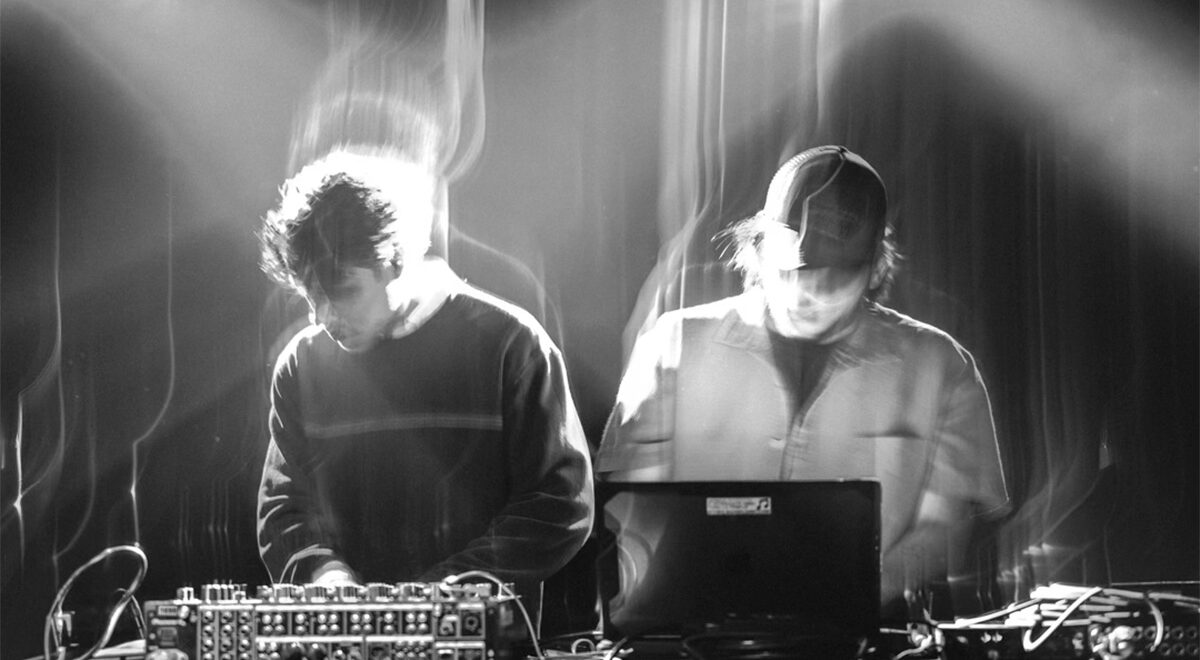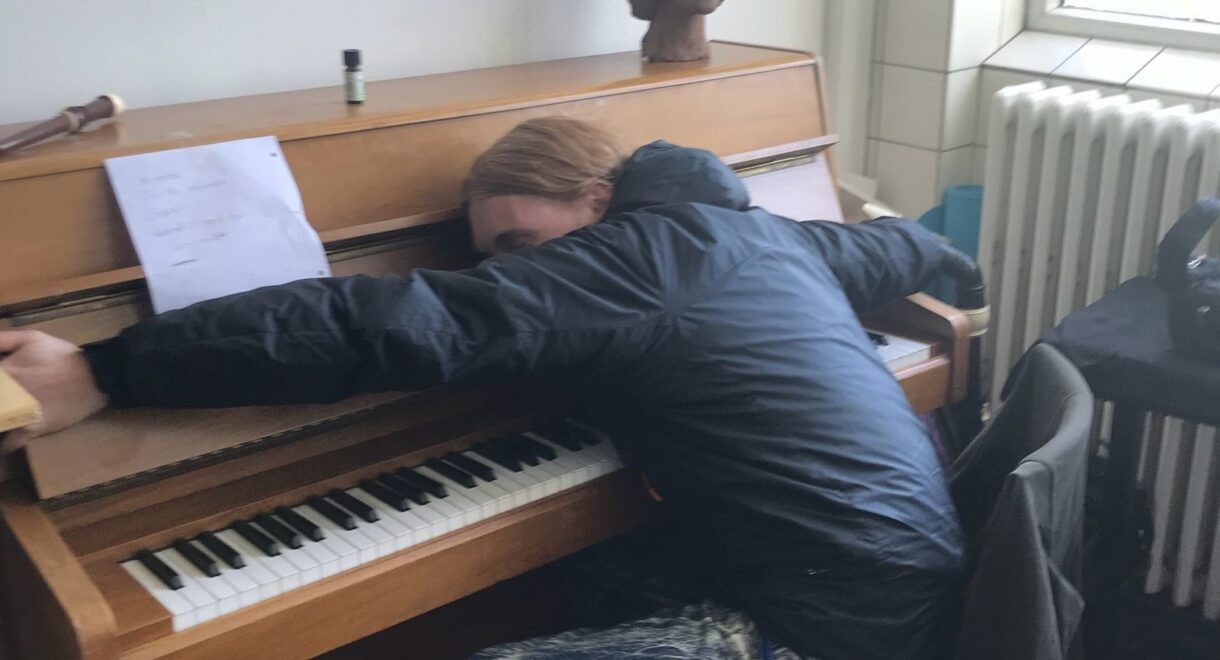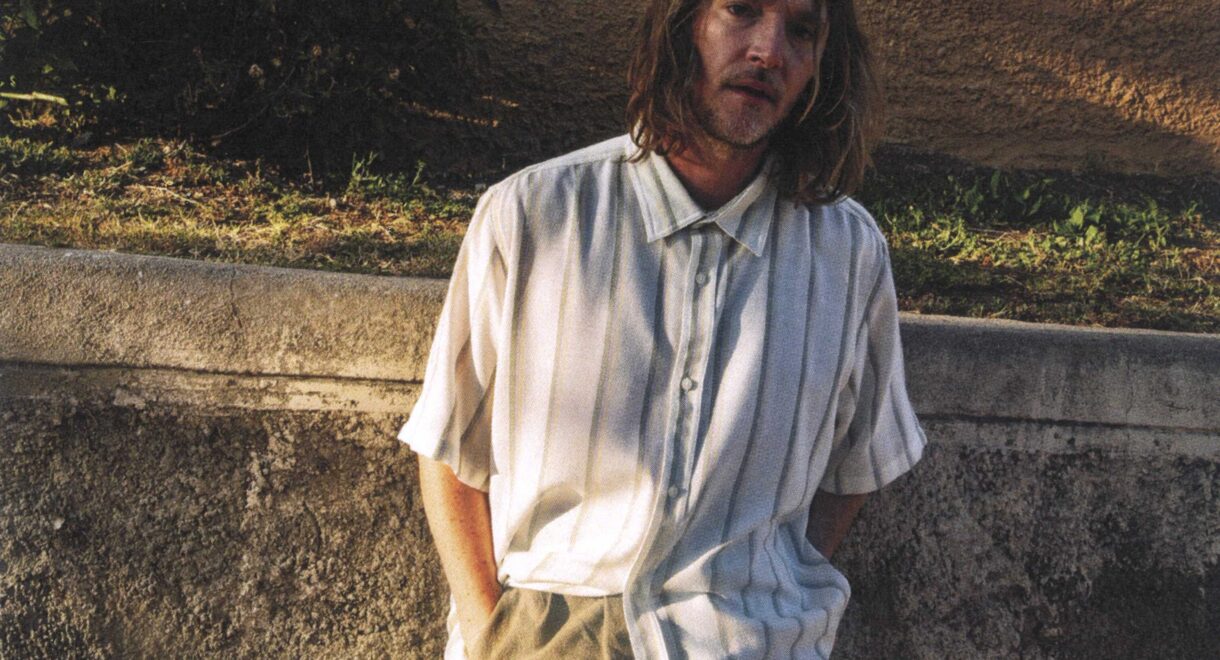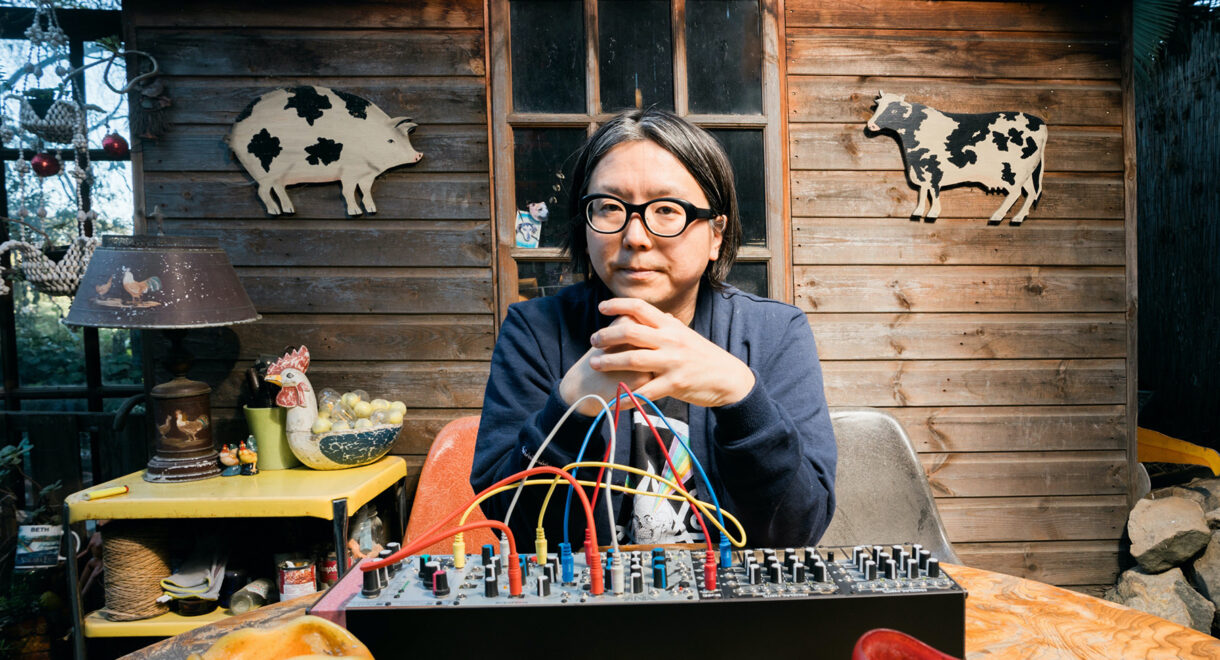A mutant beat manifesto from Miami’s amphibious underbelly, Colada Talk is out March 6th via Cinammon Disc. Crespi Drum Syndicate is a duo comprised of Jonathan Trujillo (Jonny […]
5 Selects: Guedra Guedra (Morocco)

Moroccan producer & sound artist Guedra Guedra’s second album MUTANT is out Friday on Smuggler’s Way.
Techno, bass, and dub meet African diasporic rhythms from Morocco, Tanzania, Guinea, and more on Moroccan producer Abdellah M. Hassak aka Guedra Guedra’s second album MUTANT, out tomorrow on Domino sub-label Smuggler’s Way. Described as “future music from the past,” the album celebrates the richness of African diasporic music while also exploring innovative contemporary electronic forms through an Afrofuturist lens. Highly recommended for fans of the futuristic latin-club sounds of ZZK Records, the Moroccan machine music of Muslimgauze, Peruvian electronic duo Dengue Dengue Dengue, and Brazilian experimental art collective Voodoohop.
Beyond the rhythms, field recordings also play a part in the story and sonic makeup of these club-ready electronic compositions. While traveling across the African continent, Abdellah would record storytelling from different people in order to preserve a sort of collective memory. “It’s a way to reflect together on our history and identity,” he says. “To bring forth a shared knowledge that is not imposed from above, but built with those who live it.” Listen to “Paradigm,” which samples call-and-response voices from the Maasai people of Tanzania and Kenya.
In celebration of the album, we asked Abdellah to share 5 tracks that inspired the sounds on MUTANT. The following selections is accompanied with this message from the artist:
“I didn’t know it yet, but some songs had already begun to carve themselves into me forever. I listened to them more than twenty years ago, often without grasping their full meaning. Perhaps I was too young to understand the layers of significance, the stories they carried, the reflections they offered of myself, of us, of where I come from. And yet, they left their mark. They planted something. These are five songs from the Moroccan repertoire that, at the time, sparked in me a desire to re-listen to my own culture and deeply influenced the way I perceive music.
After years spent making music, exploring sound, and traveling across cultures and stages, these five pieces have come back to me. Not as simple memories, but as calls. Even back then, they invited me to slow down, to listen differently, to return to a more essential form of listening. They led me to ask a question I had long left aside: what is the music of my roots?
Through these five tracks, chosen among many I heard in my childhood, I felt an urgent need to reconnect with my musical heritage. To understand the rhythms, the harmonies, the voices, the contexts. To listen for what cannot be heard at first: memory, transmission, joy, resistance.
These five songs shaped my ear, influenced my journey, and reawakened in me a deep desire to return. Not a return to the past, but a return to the self. A way to root the present in what transcends us, what came before us, what binds us together.”
Majid Bekkas – African Blues (2022)
“The first time I heard Majid Bekkas, something opened within me. His guembri playing, his magnetic voice, the way he wove Gnawa traditions into the pulse of African blues and jazz struck me deeply. Born in Salé and rooted in Zagora, Majid carved out a singular path he calls “African Gnaoua Blues.” In this track, the guitar converses with the cavala flute in a spiritual dance. Then the voice enters—warm, enveloping, full of humanity. This piece taught me that one can travel far while staying true to a deeply rooted memory. Majid Bekkas has remained a humble man, still encountered in Rabat, Salé or Essaouira, but his music has crossed continents.”
Karim Ziad – Awra (2001)
“On his album Ifrikya, Karim Ziad delivers a masterful fusion of jazz and traditional North African rhythms. The track “Awra” is one of its central pieces, carried by the voice of Hamid Mestari, sung in the Tamazight dialect of the Middle Atlas. At the time, I didn’t understand the lyrics, but I could feel the rhythmic power and the solemn beauty of this music from the Khenifra mountains. The arrangements, the grounding in local percussion, the richness of the harmonies—all of it struck me deeply. This song awakened in me the urge to listen more attentively to rural music, long marginalized yet carrying a vibrant and essential history.”
Houssaine Kili – Allah (2001)
“When I first discovered this song, something shifted in the way I perceived music. “Allah” by Houssaine Kili is a dancing prayer, a deep chant rooted in the Gnawa traditions of southern Morocco. What fascinated me was how Kili infused the piece with contemporary arrangements—a fresh breath that never betrays the soul of the original music. This track weaves a subtle connection between Arab culture and Western musical codes, achieving a rare and delicate balance. His voice draws a straight line between past and present, like a thread of precious saffron that colors everything it touches. At that moment, I realized it was possible to build a true bridge between worlds.”
Nass El Ghiwane – Mezine Mdihek (1975)
“Nass El Ghiwane is a storm. Their songs entered me like a shock, a revelation. “Mezine Mdihek” is a unique track—more meditative, more spiritual. It celebrates the praise of the Prophet, yet does so with a grace that transcends mere devotion. The lyrics compare this praise to worldly riches, affirming that it is worth far more than gold or fleeting pleasures. The melody is solemn, profound, almost suspended in time. It’s a song that invites deep introspection. Back then, I didn’t yet know that music could be an act of awareness, a tool for thought, for resistance. Nass El Ghiwane taught me that.”
Amina Alaoui – Ya Aadili Billah (1995)
“It was through Amina Alaoui that I discovered, in all its complexity, the world of Arabo-Andalusian music. Her voice is strikingly pure, each note seeming to float between centuries. The piece “Ya Aadili Billah” introduced me to a refined and scholarly form of music—subtle, demanding at first listen, yet infinitely rich. This musical tradition was born from the encounter between Arab cultures from the East, Berber heritage from the Maghreb, and pre-711 Andalusian Spain. The result is an intricate form, passed down orally through generations, rich with nuance, delicacy, and microtonal depth. With grace, modernity, and deep respect, Amina Alaoui taught me that tradition is not a cage, but a living material—one that breathes, evolves, and transforms.
These five songs reawakened a deeper way of listening within me. They reminded me that my musical story doesn’t begin with me, that it’s made of voices, gestures, dances, and transmissions. They taught me that music is also a way of remembering, of resisting, of reconnecting.
Today, I invite you to listen to them with me. Not as frozen archives, but as invitations to feel, to question, to reconnect. This isn’t a return to the past, it’s a grounding. A way of tuning in to what lives within us, even when we don’t yet know how to name it. And maybe, like me, you’ll hear something begin to bloom again.”










